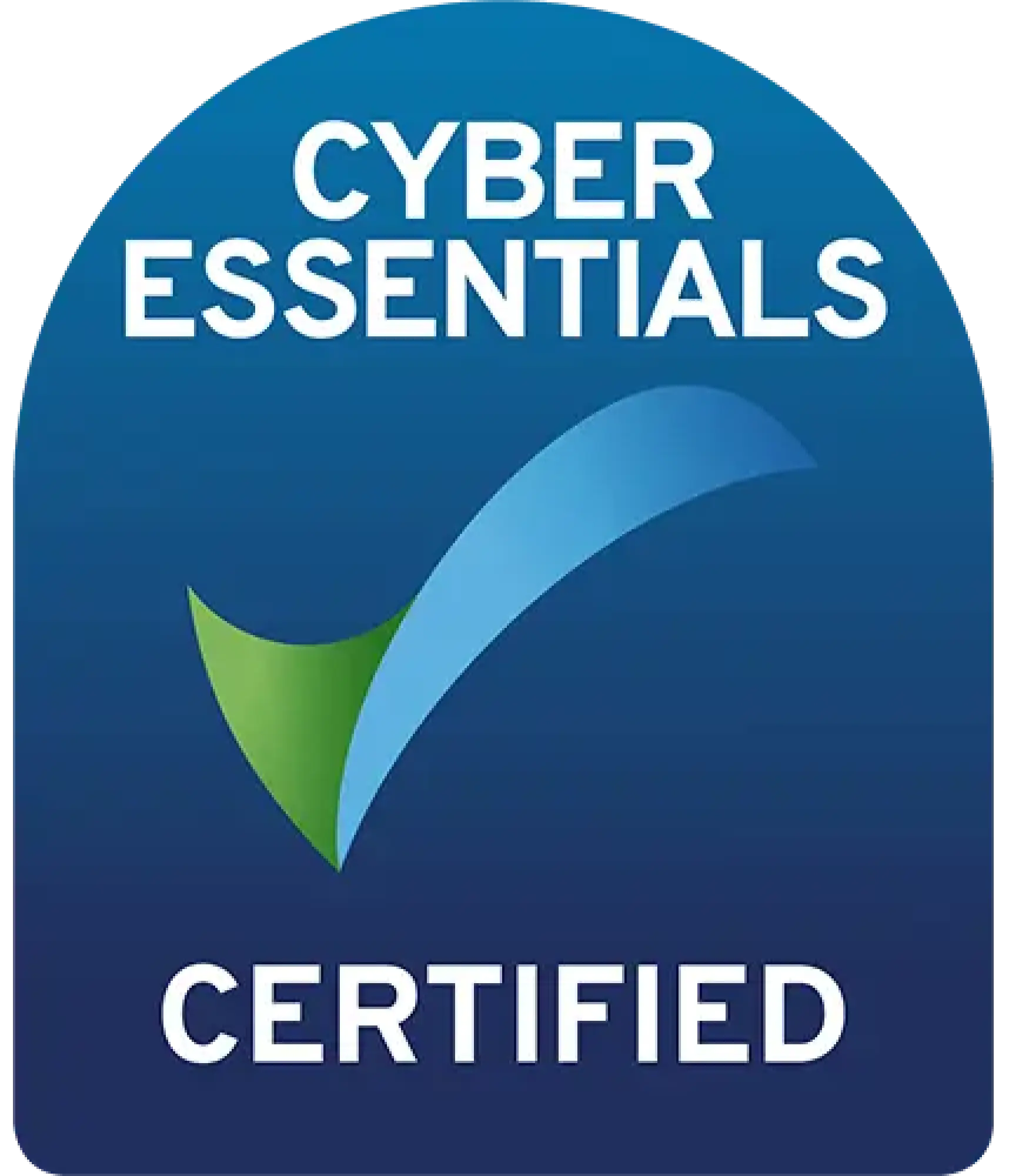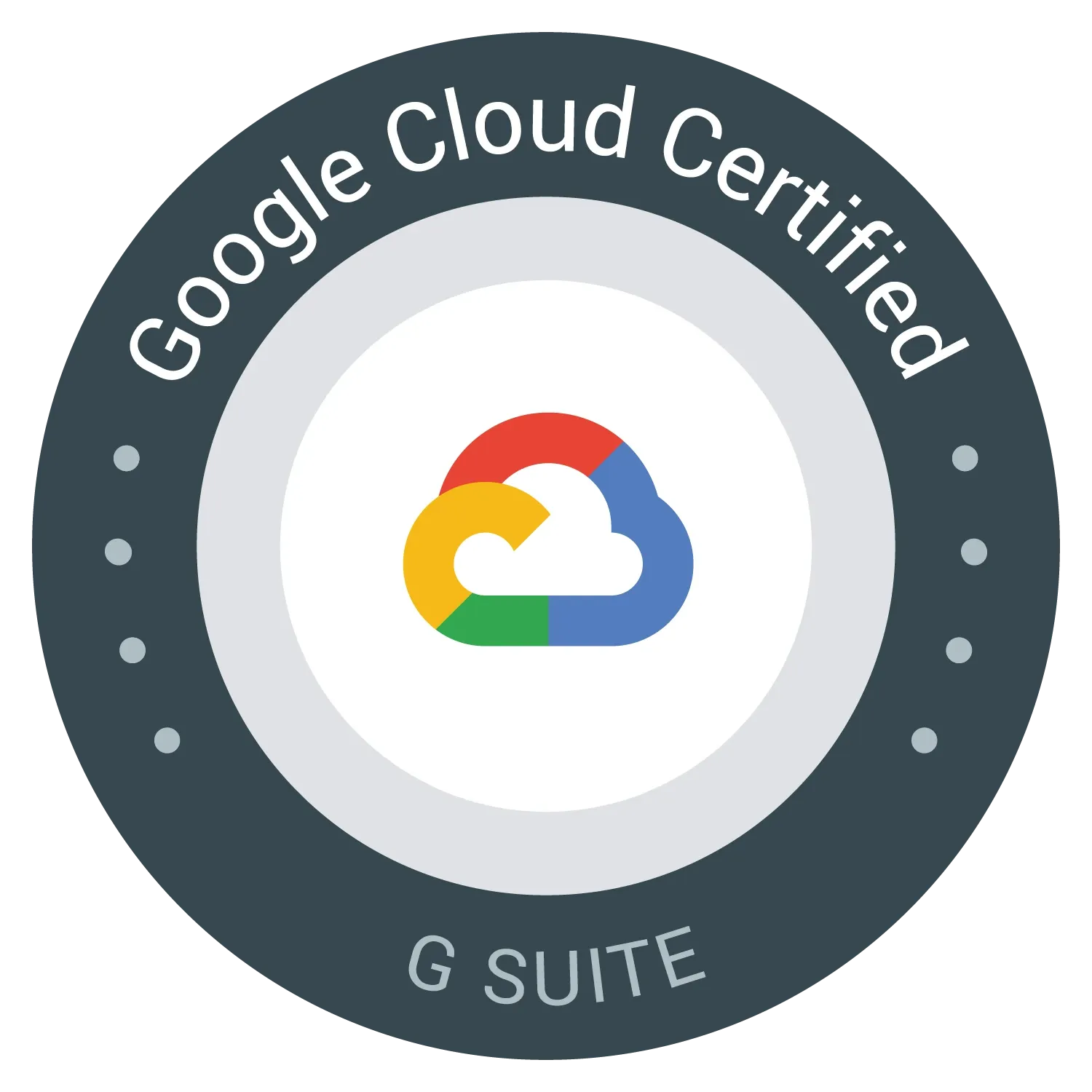What is the 3-2-1 rule? And why it can save your business!
Learn more about the 3-2-1 disaster recovery rule and why you should be implementing it in your business today.
What is the 3-2-1 Rule?
With our critical reliance on company data, many businesses already understand the importance of having a backup system in place but not many businesses know about the 3-2-1 rule and its importance to your disaster recovery plan.
This simple approach ensures redundancy and protection against various threats:
- 3 copies of your data: One primary (the data you work on) and two backups.
- 2 different storage types: For example, local storage (external hard drives) and cloud storage.
- 1 copy offsite: In case of fire, theft, or disaster affecting your main location.

Why Does Your Business Need Backups?
Data is the backbone of any modern business. Losing it due to hardware failure, cyber attacks, or human error can lead to downtime, revenue loss, and reputational damage. Regular backups protect against these risks and ensure business continuity.
How the 3-2-1 Rule Can Save Your Business
By following the 3-2-1 rule, you minimise the chances of losing data permanently. Having backups in different formats and locations means that, even in the event of a major disaster, you’ll still have access to critical information.
Tip
Types of Backup Storage: Pros and Cons
- External Drives: Fast and easy to use but vulnerable to physical damage and theft.
- Network-Attached Storage (NAS): Centralised and accessible across devices, but may still be affected by onsite disasters.
- Offsite Data Center: Secure, remotely accessible, and protected from onsite disasters but is typically more expensive than alternative solutions.
- Cloud Storage: Accessible anywhere with internet, highly scalable, but relies on stable network connections and proper security measures.
Important
Do I need to follow the 3-2-1 rule if my data is in the cloud?
Contrary to popular belief, data stored in the cloud is not immune to corruption or loss. Cloud providers such as Microsoft and Google ensure platform reliability, but they do not protect against accidental deletion, insider threats, or ransomware. It is strongly recommended that you implement an additional backup solution.
Here is an example backup strategy for cloud data:
- Primary Data: Stored in Microsoft 365.
- Backup Copy 1: Automated daily backups to a third-party service.
- Backup Copy 2: Weekly exports of critical data (e.g., emails, SharePoint files) to an encrypted local NAS device.
- Retention Policy: Maintain daily backups for 30 days, monthly backups for 1 year, and yearly backups for 7 years.
- Testing: Quarterly restore tests to validate backup integrity.
Important
Best Practices for Implementing the 3-2-1 Rule
- Automate backups: Reduces the chance of human error.
- Test your backups: Ensure your data can be restored when needed.
- Encrypt sensitive data: For security in case of breaches.
How VISCREO can help
We work with our customers to implement robust and cost-effective data backup solutions. All solutions are tailored to our customers’ industry requirements (GDPR, HIPAA, etc ) and integrate seamlessly with your existing infrastructure.
We also provide regular data recovery testing, giving you assurance that your data is safe and accessible in the event of a disaster.
Let us handle your data backups, so you can focus on growing your business. Contact us today to learn more about safeguarding your company’s most valuable asset—its data.







